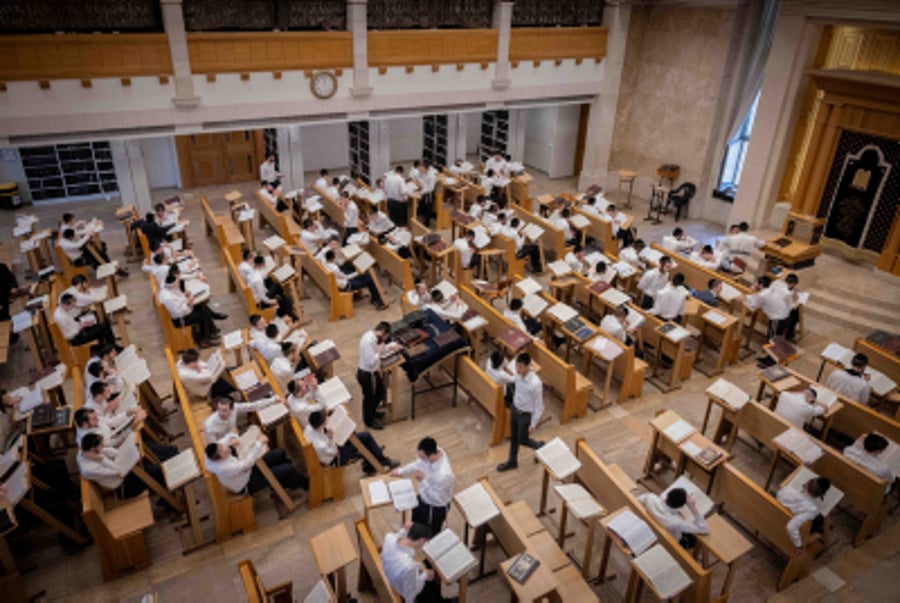
Rabbi Dr. Eliyahu Rips, a mathematician who discovered the hidden Torah codes, died on July 19 at a Jerusalem hospital at 75.
The Einstein Institute of Mathematics at Hebrew University, where Dr. Rips worked, confirmed that Dr Rips passed away from stomach cancer.
He was born Ilja Ripss on December 12, 1948, in Riga, Latvia, to Holocaust survivors. He showed exceptional mathematical talent from an early age, starting university at only 16.
In 1969, Rips was inspired by a Czech student's self-immolation protest against the Soviet invasion, He also attempted a similar act, surviving with burns to his neck and hands. After his attempt, he was institutionalized in a mental institution.
During that time, he debunked a major mathematical proof, which attracted international attention. Eventually it was this attention that led to his release in 1971.
He emigrated to Israel in 1972, where he changed his name to Eliyahu Rips.Three years later, he earned his doctorate from Hebrew University.
Nearly 20 years later, in 1994, he co-authored a paper in the journal Statistical Science with Yoav Rosenberg and Doron Witztum. The study claimed to have discovered hidden codes in the Book of Genesis using a method called equidistant letter sequences (E.L.S.). This research involved arranging the 304,805 letters of Genesis in a grid and using computer programs to search for regularly spaced letters that allegedly formed meaningful names and phrases.
The paper, which claimed to find the names and dates of 32 Jewish scholars (some who lived thousands of years after Genesis was written) within the text, sparked intense debate in both biblical scholarship and statistical analysis circles.
It provided the basis for Michael Drosnin's 1997 global bestseller "The Bible Code," which extended the concept to claim predictions of world events embedded in the Torah.
Initially, Rips endorsed parts of Drosnin's book. However, as criticism mounted, he distanced himself from it, telling Newsweek in 1997 that "The Bible Code" was "on very shaky ground, and is of no value." The original paper faced significant scrutiny.
In 1999, a team led by Brendan McKay of the Australian National University published a 45-page rebuttal in Statistical Science, pointing out flaws in the methodology and statistical analysis. Robert Kass, the journal's editor, subsequently distanced the publication from Rips' work.
Despite the controversy, Rips stood by his original research. "The only conclusion that can be drawn from the scientific research regarding the Torah codes," he told The Jerusalem Post in 1997, "is that they exist and that they're not a mere coincidence."
Beyond the Bible code work, Rips was respected in academic circles for his contributions to geometric group theory, notably developing the Rips Machine, an important tool in the field.
Rips is survived by his wife, Dvorah, their five children, and over 30 grandchildren.
* The New York Times contributed to this article.






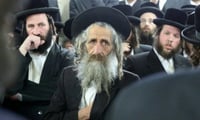


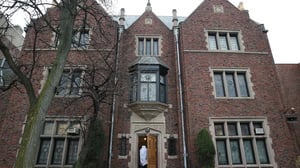

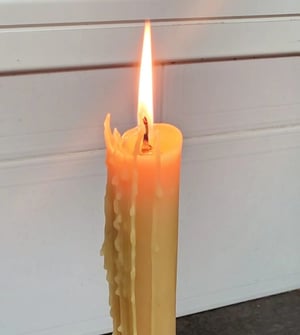
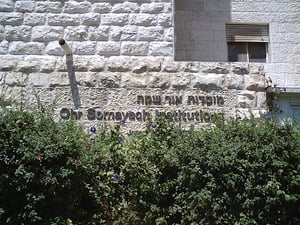


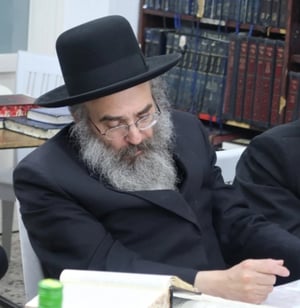

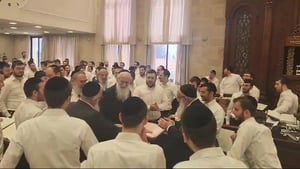

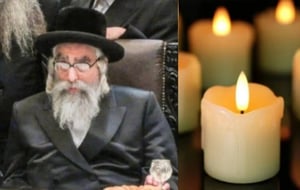



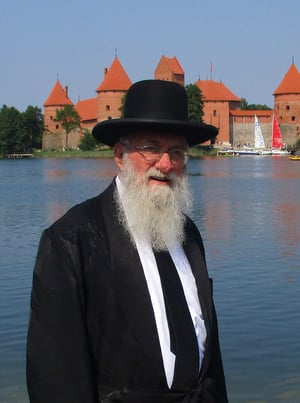
0 Comments